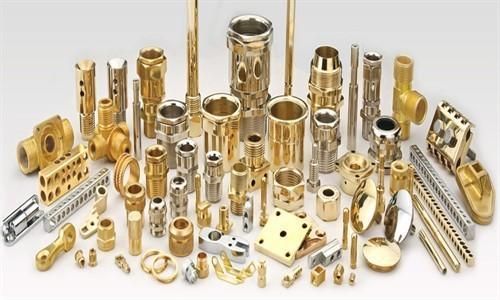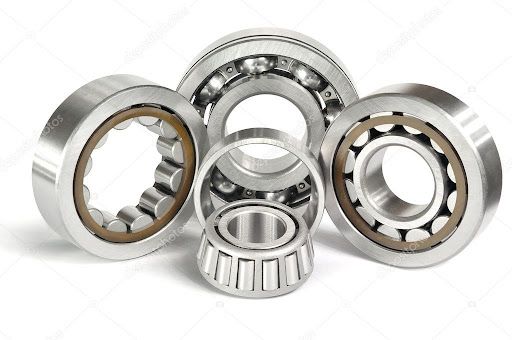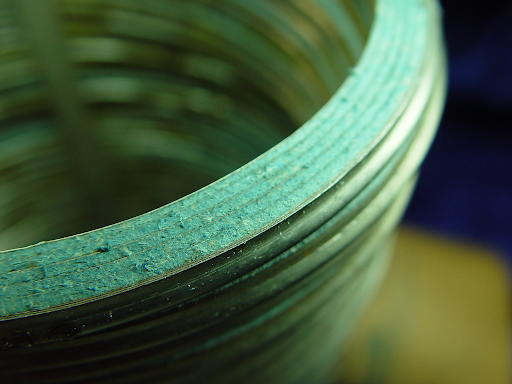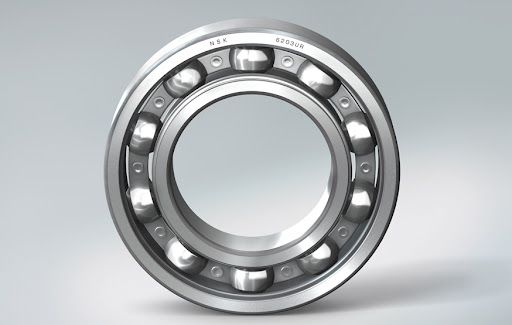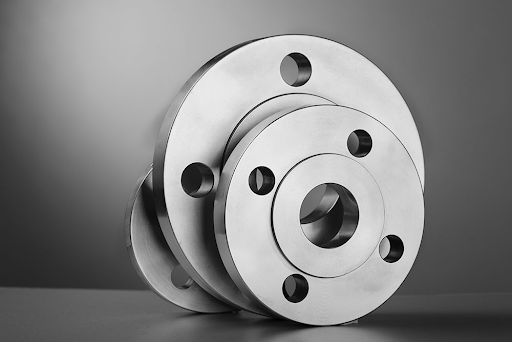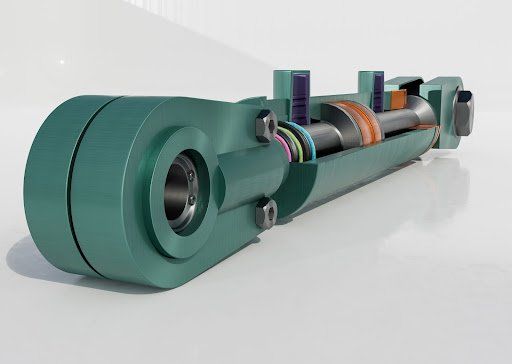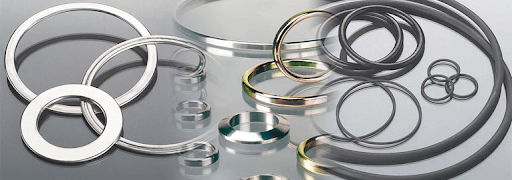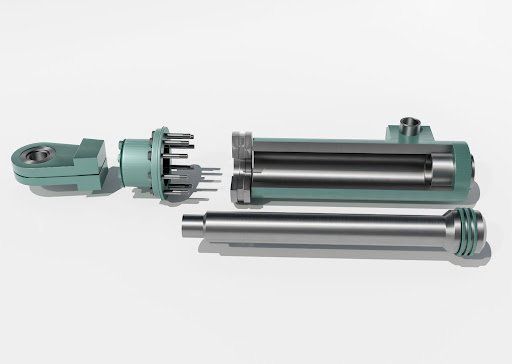Ball Bearing Failure and Prevention
Ball Bearing Failure and Prevention
Research into the manufacture and production of ball bearings has proved that only one percent should fail to reach their full-service life expectancy. That’s a very small percentage, which also proves that if your ball bearings fail, there must be a very good reason. Determining the reason for ball bearing failure can prevent future failures and provide essential information for proper planning and maintenance.
Luckily, experience has shown that ball bearings fail for only a handful of very specific reasons, all of which can be avoided. So, make sure you’re familiar with these principle causes. You’ll save your company from a host of unfortunate consequences, including increased downtime, replacement costs, operating efficiency, damage to machinery and, in the worst case, injured employees.
Improper Lubrication
Lubrication is vital to limit friction and extend a bearing’s service life. Improper lubrication is the number one cause of bearing failures, so this is the first thing you need to check. Failures are often the result of using too little or too much lubricant, using the incorrect lubricant or contaminated lubricant, using mixed lubricants that are incompatible, as well as following the wrong lubrication interval specifications.
Make sure you follow the bearing manufacturer’s instructions for proper care and maintenance. These guidelines not only ensure your warranty stays valid, they also provide information on how to store, handle and inspect your lubricants. Many people assume that one lubricant will work for every application, but this is hardly ever the case. Investing in the correct lubricants is an investment in your machinery in the long run.
Incorrect Installation
Even the smallest contaminant, dent or scratch can severely reduce the life of your ball bearings, which is why mounting and installing bearings is a job that requires skill and the use of proper tools. Make sure your maintenance staff are well trained on how to correctly handle, remove and install bearings. It’s also important that prior to installation, your bearings are stored according to the manufacturer’s careful specifications.
Overloading
Each bearing is designed with a particular limit for load, speed and temperature. If these limits are exceeded, the bearing can suffer from irreparable damage. Overloading is often the result of operational changes and stresses, or operator error. The first sign of overloading is an unusual noise or increased temperature within the application. If your bearings have been accidentally overloaded, make sure to replace them rather than risk further damage.
These are the three main causes of ball bearing failure, but as you can see, each issue can be easily overcome with proper care and foresight. Understanding how to prevent ball bearing failure will ensure you get the maximum life out of your parts, saving you plenty of money and production time.
For more information on any of your bearing-related concerns, contact us today ! We’ll make sure you get the most out of every bearing you purchase through our network of trusted manufacturers.
We combine our years of expertise with exceptional customer service and the highest quality products. All this assures you of the best experience from start to finish.
Bearing Centre, Blantyre, Southern Region, Malawi, Africa - 312200
Website by Visionar
Subscribe to our newsletter
We will get back to you as soon as possible
Please try again later

